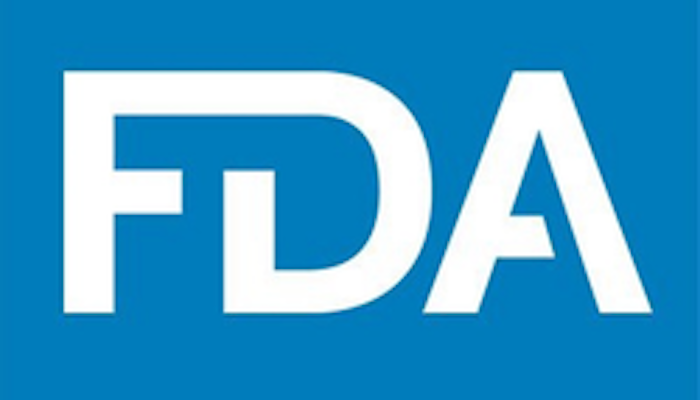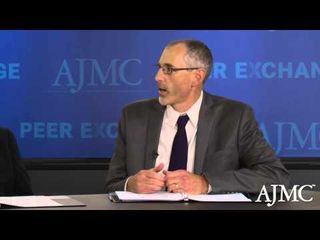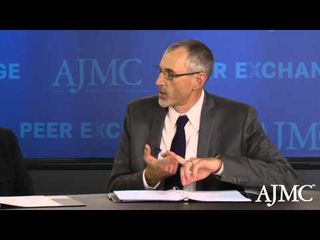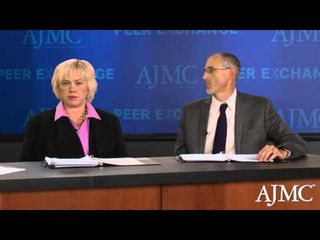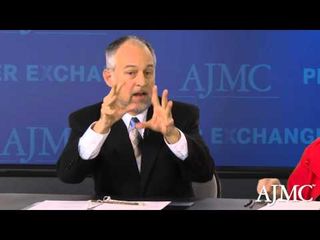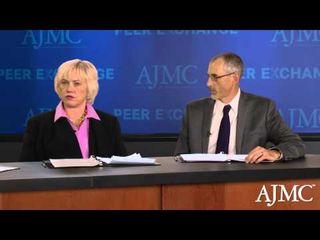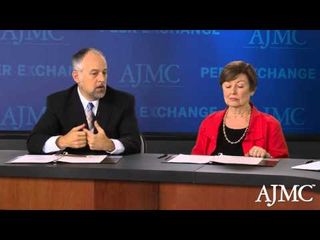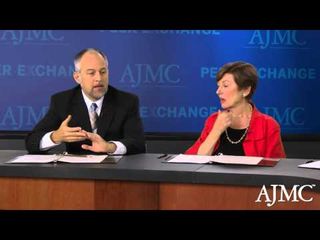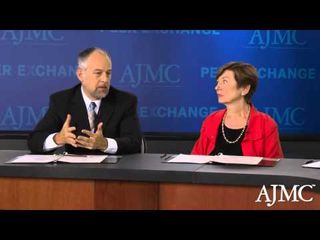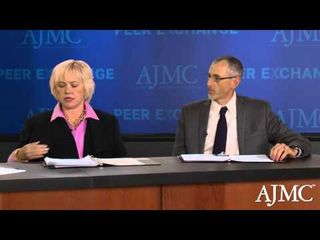
Health Care Cost
Latest News

Latest Videos

CME Content
More News

Lower health care utilization was shown in patients with chronic rhinosinusitis, with and without nasal polyps, who had steroid-eluting implants vs those who did not in the 18 months following endoscopic sinus surgery.

Coverage of our peer-reviewed research and news reporting in the health care and mainstream press.

Patients with atopic dermatitis (AD) treated with dupilumab showed reduced hospitalization rates and shorter duration of AD-related hospitalizations vs those treated with control therapies.

In its annual Medicare Shared Savings Program (MSSP) report, CMS said the number of accountable care organizations joining increased, but a trade group said the results should have been better.

New research out today details the lack of price reductions seen among recently launched brand-name drugs for non–small cell lung cancer (NSCLC).

The CDC is working to change its definition of being fully vaccinated against COVID-19; a study finds that men who tested positive for COVID-19 showed a short-term decline in fertility; a nonprofit group of scientists seeks to optimize the clinical trial process and reduce cost.

Patients with atopic dermatitis were associated with significant economic burden primarily driven by outpatient visits and pharmacy use, which increased with disease severity.

The trastuzumab biosimilar Herzuma was shown to have similar clinical efficacy and safety to the reference product in patients with HER2-positive advanced gastric cancer.

Israeli study finds the added antibody protection from a fourth COVID-19 vaccine dose is not enough to prevent Omicron infection; Texas abortion law remains in effect after appeals court ruling; insurer spending for the unproven COVID-19 drug ivermectin was estimated at $2.5 million for a week last summer.
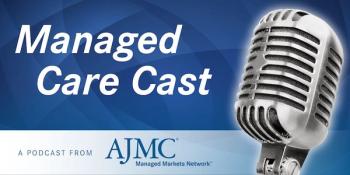
On this episode of Managed Care Cast, Mark Miller, PhD, the executive vice president of health care at Arnold Ventures, outlines what Americans can expect from the newly enacted No Surprises Act.

New data show that Medicaid enrollees with diabetes in Colorado have greater access to new medications and incur less associated costs compared with patients with Marketplace plans.

Compared with the European Union, biosimilar use in the United States lags, and the US government, health systems, and medical associations all have a role to play.

An increase in the use of comprehensive genomic profiling among patients with advanced non–small cell lung cancer (NSCLC) was associated with additional life-years gained and a low-cost budget impact.

Coverage of our peer-reviewed research and news reporting in the health care and mainstream press.

The Great Resignation is sending health care workers out of the industry in massive numbers, and this, coupled with the ongoing transformation of health care, is creating the perfect storm. Alleviating their stress, burnout, and disengagement is a necessary first step. But the proper development, training, and upskilling is also crucial.

The deadline to enroll in health insurance available through the Affordable Care Act on the federal exchange is Saturday, January 15.

In a National Coverage Determination decision memo released Tuesday, CMS said it will gather public comment for 30 days about its plan to limit coverage for Alzheimer disease (AD) biologics that target plaque buildup in the brain to patients enrolled in certain clinical trials.

The Biden administration announced a requirement for insurance companies and group health plans to cover the cost of at-home COVID-19 tests; critical staffing shortages are reported nationwide amid record surges in COVID-19 cases and hospitalizations; the first-ever successful animal-to-human heart transplant was announced.

Posters from the Academy of Managed Care Pharmacy Nexus 2021 meeting detailed how coverage of genetic testing aligns with current guidelines as well as the potential budget impact of expanding access to comprehensive genomic profiling (CGP).

CMS proposed rulemaking Thursday that would pass pharmaceutical price concessions to beneficiaries in Medicare Part D plans and make the medical loss ratio in Medicare Advantage plans more robust.

An analysis concluded that cemiplimab may be more cost-effective than chemotherapy as first-line treatment for some US patients with non–small cell lung cancer (NSCLC).

Korean patients with moderate-to-severe atopic dermatitis achieved and maintained markedly improved skin clearance with dupilumab treatment in a real-world setting, including in the face and hands.
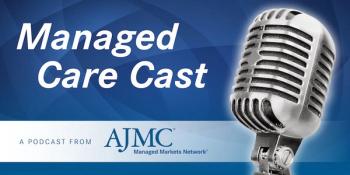
On this episode of Managed Care Cast, we bring you part 1 of an 8-part video conversation with Blue Cross Blue Shield of North Carolina and Newton Family Physicians about how they adapted to deliver health care in 2020 and 2021.

Analysis results revealed racial and sex disparities among patients with hypertrophic cardiomyopathy who receive implantable cardioverter-defibrillator (ICD) devices.

Projected savings from biosimilars from 2021 to 2025 were $38.4 billion vs conditions as of quarter 4 of 2020 and were driven by new biosimilar entry. Savings were $124.5 billion under an upper-bound scenario.
